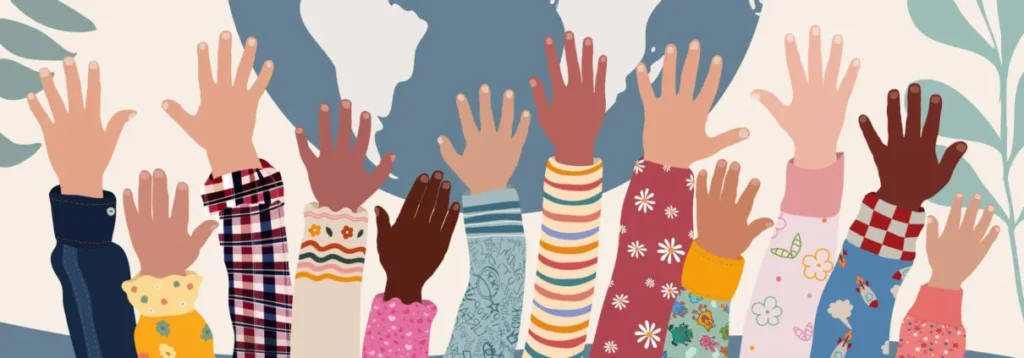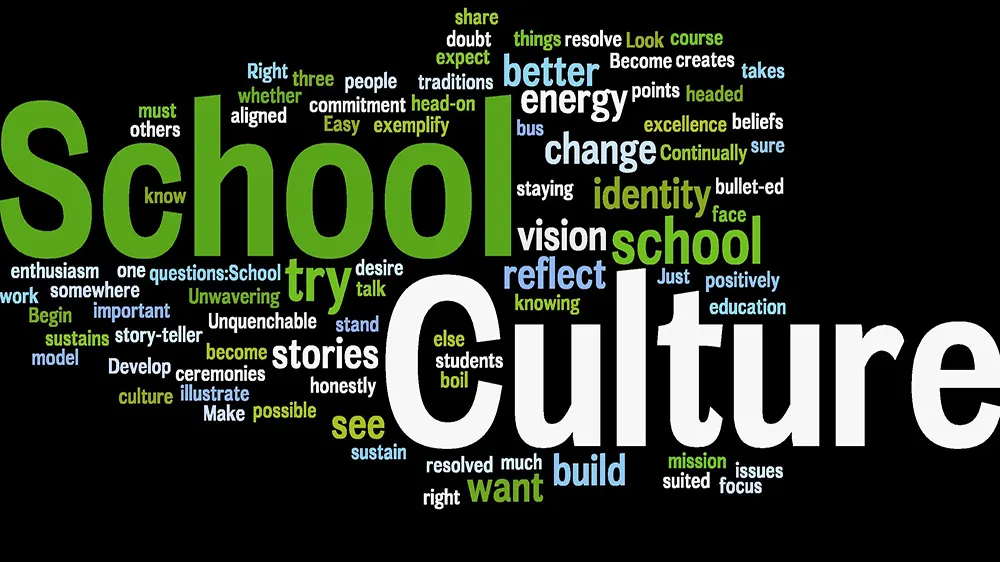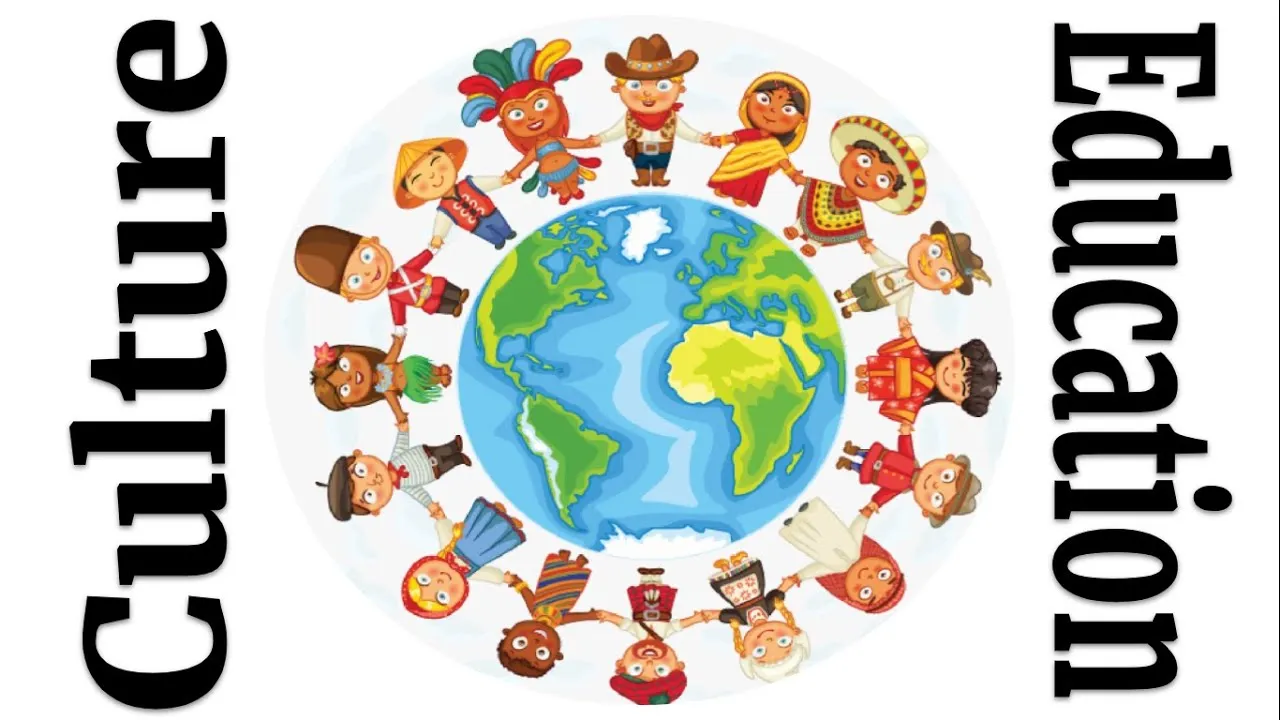The Power of Cultural Education: Shaping the Future Generation
Cultural education is essential for teaching children and young adults to appreciate diversity and value differences. It has the potential to shape the future generation by fostering a more tolerant and inclusive society. This blog will explore the importance of cultural education, provide strategies for implementing it. And discuss the challenges that come with teaching it.
Cultural education is defined as the process of learning about, understanding, and appreciating the culture of different groups, including cultures outside of one’s own. It is essential for teaching children and young adults to appreciate diversity and value cultural differences. By providing a foundation for mutual understanding and respect, cultural education can help to shape the future generation into a more tolerant and inclusive society. It can also help to create opportunities for individuals to explore their own identity and values. Those who take time to study cultural education can gain an appreciation for diverse perspectives.
The Benefits of Cultural Education
The importance of cultural education is essential for building empathy, understanding, and respect among people of different backgrounds, while also equipping individuals with knowledge and skills to be successful in an increasingly globalized world. Developing cultural competency leads to more effective communication with people from different backgrounds, and also increases our ability to navigate unfamiliar situations. This can help to build relationships, foster collaboration, and create a more unified society.

Do children need Cultural Education?
Culture is what shapes our world and our personal development. Different languages, traditions, beliefs and folklore reveal a lot about where we come from and who we are. We currently live in multi-cultural societies, as travelling around the world has become so accessible, we often find ourselves in an enriching melting-pot of different cultures. It is certainly the case here in Brussels, at the heart of Europe.
This is also true for schools, and why I believe cultural education has become essential. At a very young age, children don’t notice differences in skin colors, clothing, eating habits or customs. We are all one and the same beautiful human species.
By providing knowledge and experience in a safe environment, children develop their natural curiosity, achieve understanding and mutual respect. That is exactly what is needed for the future generations to live in harmony together on this beautiful planet.
Our differences are what enrich us and make us unique, so let’s share knowledge and build bridges instead of walls.

So, what is cultural education?
Cultural education consists in the development of all arts, music, language, literature, and world heritage. It contributes to knowledge transfer, personal development and participation in society. It enables children to develop certain talents and introduces them to aesthetics and ethics to express their feelings and assign meaning to the world around them.
Cultural education enables children to discover ways of learning and communicating which are respectful to themselves and others. It promotes historical awareness, contributes to understanding individual identities and encourages creative, inquisitive attitudes that can benefit them throughout their lives.
Culture Kids was founded on these beliefs, and through collaboration with different embassies, we dive into the heart of different cultures and countries to discover the world through unique learning journeys. These journeys are proposed to schools, and to families for special events and holiday camps.
Strategies for Implementing Cultural Education
Curriculum-based activities and resources are an effective way to teach children about different cultures. Examples include exploring traditional holidays, researching historical figures from diverse backgrounds, and engaging in multicultural literature or art projects. When teaching cultural education, it is important to create a safe environment where students feel comfortable expressing their opinions and experiences. It is also important to include multiple perspectives, avoid stereotypes, and use respectful language when discussing sensitive topics.
There are numerous successful programs that have been develop to promote cultural education in schools. For example, The National Coalition for Core Arts Standards provides guidelines for incorporating multicultural arts into curriculum. Another example is the International Baccalaureate Program which offers a framework for teaching global awareness.
Challenges of Cultural Education
Cultural biases can be deeply ingrain in individuals from a young age. It is important to recognize these biases and work to address them through teaching open-mindedness and tolerance. Cultural misunderstandings can arise due to differences in language or customs. It is important to address these misunderstandings in a respectful manner that encourages dialogue and understanding between those involved. When addressing cultural differences, it is important to be mindful of power dynamics. Be aware that some cultures may have been oppress or marginaliz due to their differences. It is essential to focus on celebrating diversity rather than reinforcing stereotypes or inequality.
Cultural education is essential for fostering a more tolerant and inclusive society by providing an understanding of different cultures and perspectives. It has the potential to shape the future generation by creating opportunities for individuals to explore their own identity and values. It has the potential to shape the future generation into a more unified society. Let’s achieve this by building empathy, understanding, and respect among people of different backgrounds. It is an essential tool for creating a world where everyone feels valued and included.
Parents and educators, teachers, early childhood educators can play an important role in promoting cultural education in their classrooms or homes. This can be done by providing students with resources that help them learn about different cultures. By creating a safe environment where students feel comfortable expressing their opinions and experiences, educators can help equip students with the knowledge and skills necessary for success in an increasingly interconnected world.
Also Read: csk ipl team 2024
Conclusion
Cultural education stands as a crucial pillar in shaping a future generation that embraces diversity and fosters inclusivity. By nurturing empathy, understanding, and respect for different cultures. It equips individuals with the tools to navigate our increasingly interconnected world. Through cultural education, we not only celebrate our differences but also recognize the common threads that unite us as a global community. Despite the challenges of addressing ingrained biases and navigating cultural misunderstandings, the benefits of promoting cultural education are manifold, leading to a more harmonious and cohesive society. With the collaboration of parents, educators, and policymakers, we can ensure that cultural education becomes an integral part of learning environments, empowering young minds to thrive in an ever-evolving multicultural landscape. Let us commit to building bridges of understanding and appreciation. Paving the way for a future where every individual feels valued and included.




